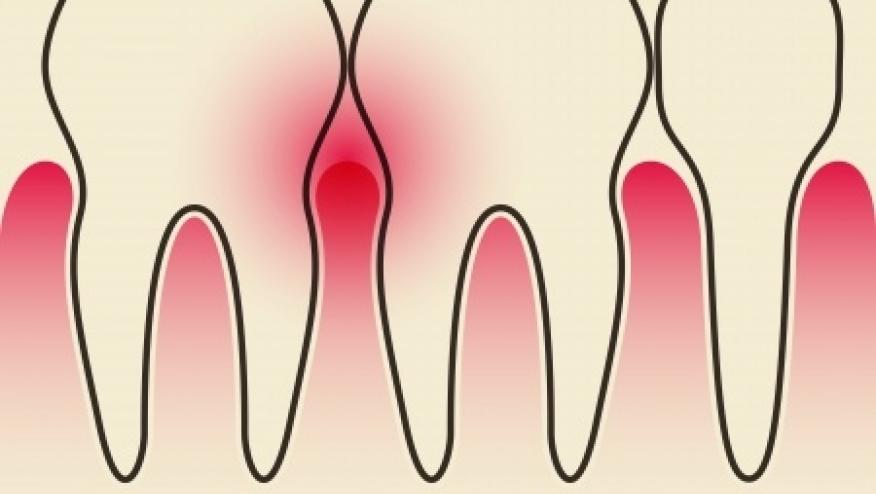Oral Bacteria Driving ACPA and Rheumatoid Arthritis Save

The current JAMA has a perspective piece on the role of the oral microbiome in the pathogenesis and references a recent article by Konig et al on "Aggregatibacter actinomycetemcomitans–induced hypercitrullination links periodontal infection to autoimmunity in rheumatoid arthritis (RA)." (Citation source http://buff.ly/2lIC1sV)
Data suggests that RA patiens have a 4-fold higher risk of periodontitis compared with those without.
Linkage to anti-citrullinated protein antibodies (ACPAs) has been suggested by several studies. But the source of citrullination has been debated.
Investigators found that Aggregatibacter actinomycetemcomitans can drive citrullination and RA-specific ACPAs that pave the way for RA.
Another discovery bolstered the findings: Nineteen of the modified proteins induced by the toxin are known autoantigens targeted by autoantibodies in RA. “It may be that many more on our list are RA autoantigens, but they have not been systematically characterized and studied in RA,” Konig said.
It is unclear if modifying or treating this particular bacterium can modify the course of established RA. There are data suggesting that treating periodontitis can decrease RA disease severity, and there are several prospective trials under way to further investigate this.










If you are a health practitioner, you may Login/Register to comment.
Due to the nature of these comment forums, only health practitioners are allowed to comment at this time.